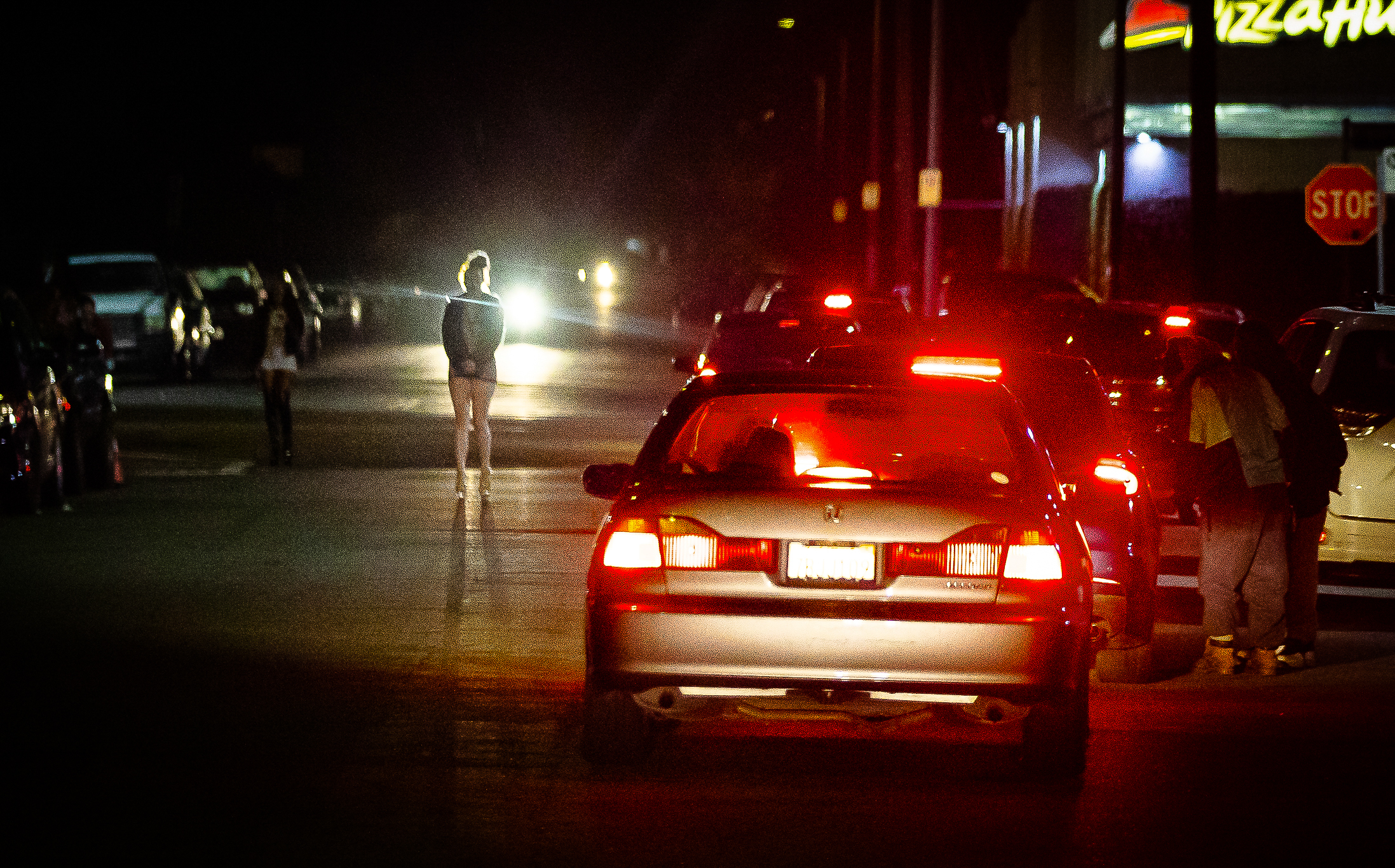A bill that aims to make unlawful sexual intercourse with a minor a crime that requires sex offender registration is one step closer to becoming law after passing the Senate May 22 on a vote of 34-3.
Legal distinctions between consensual and non-consensual sex with a minor in existing state law are the root of the issue the bill seeks to address.
Senate Bill 1128, authored by Sen. Anthony Portantino, would require individuals older than their victim by 10 years and convicted of unlawful sex with a minor to be classified as what’s known as a tier one offender and have their name placed on the sex offender registry for 10 years.
The author said the goal of his proposal will additionally fix a loophole in existing law where consensual sex with a minor, if convicted of such, requires sex offender registration, while non-consensual sex does not.
“It is inexplicable that consensual sex with a minor can cause someone to be placed on the registry while unlawful sex does not... [and] this bill will change that,” Mr. Portantino told The Epoch Times. “If you are 10 years older and have illegal sex, you should be put on the registry.”
The aim is to help protect children across the state from becoming a victim to sex trafficking and hold offenders accountable, he said.
Human trafficking victims are predominantly young girls and women, about 99.4 percent of such cases, according to California Department of Justice data.
Supporters of the bill pointed to statistics showing that sex trafficking accounts for 89 percent of all human trafficking cases in California, according to the Public Policy Institute of California—as a sign that more needs to be done to address the issue.
“As a society, we must protect vulnerable youth and hold those who harm them accountable,” the California District Attorneys Association said in legislative analyses. “SB 1128 would ... strengthen our laws and hold accountable sex offenders who target minors.”
Opponents said the measure is too broad and would cause some to be unfairly placed on the sex offender registry.
“While current law recognizes that cases of unlawful sex with a minor vary widely in their circumstances and potential harm, and thus provides flexibility in charging, SB 1128 ignores those varying circumstances and applies the measure of sex offender registration to anyone convicted of this crime, regardless of circumstance, and regardless of whether the individual is convicted of a felony or a misdemeanor,” the California Attorneys for Criminal Justice said in legislative analyses.
The criminal justice group alleges that those between the ages of 18 and 26 would be most harmed by the bill.
California’s penal code defines all offenders 26 and under as “youth” because, officials say, their brains are still developing.
“The majority of people affected by SB 1128 would be youth, as they are the people most likely to enter into sexual relationships with minors,” the group said. “Those most likely to be prosecuted ... are young adults, under 26, who are youthful offenders, which California law recognizes are subject to many of the same developmental issues as those under 18.”
The group also contends the sex offender registration list—with about 88,000 individuals currently registered statewide and expected to increase if the bill is approved—is ineffective because it marginalizes and isolates them from jobs and housing opportunities.
“Sex offender registration, even for serious sexual offenders, has a problematic history and has not been shown to benefit either the offender or the community,” the group said. “Adding sex offender registration would add no benefit, cause great harm to youth, and be enormously expensive.”
Critics also point to comments made by the California Sex Offender Management Board as evidence that youth are vulnerable to exercising poor judgment and making decisions related to sexual activity that could cause them to face harsh punishment and consequences if the bill became law.
They also highlighted recidivism rates of only about 3 percent for young sexual offenders.
“Common methods of supervision and treatment used with adult sexual offenders are, for the most part, inappropriate and potentially harmful with youth,” the state’s sex offender board said on its website. “The Board strongly recommends that youth who have offended sexually should have services specialized for their needs.”
California was the first state in the nation to require sex offender registration—beginning in 1947—to deter registrants from reoffending, provide law enforcement with relevant information and investigative tools, and protect the public.
Offenders on the registry are required to register annually within five days of their birthday, with photos, location, and offense data available to public view.
Having cleared the Senate with bipartisan support—with three Democrats voting against the measure, including Senators Nancy Skinner, Scott Wiener, and Susan Talamante Eggman—the bill will next be heard by respective committees in the Assembly in the coming weeks.














